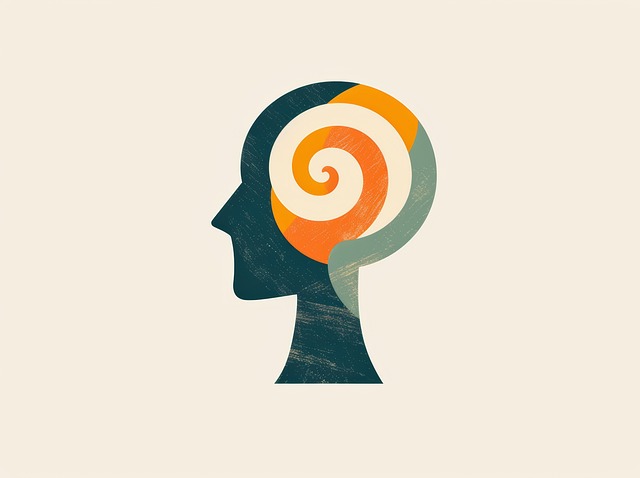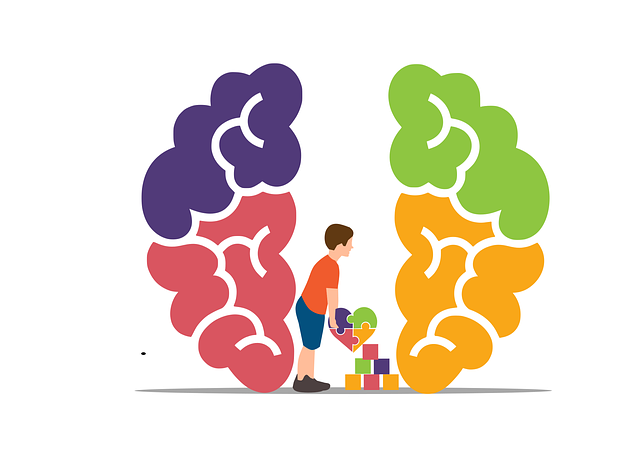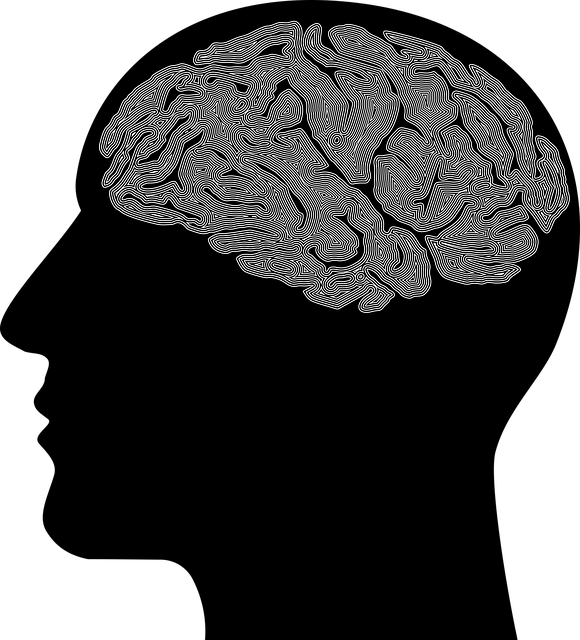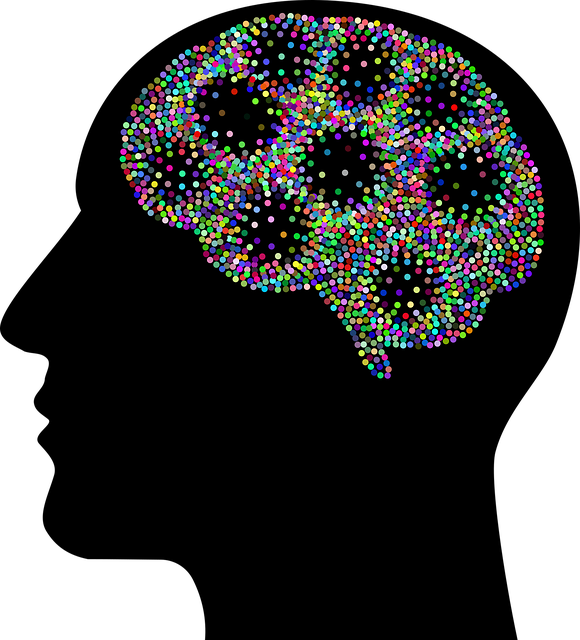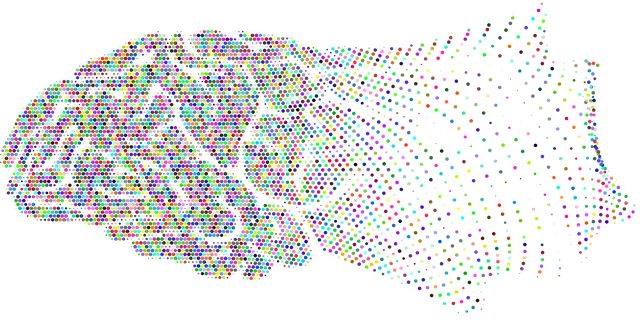Northglenn Mindfulness Therapy tackles burnout among healthcare providers by offering Mental Wellness Journaling, communication strategies, and emotional regulation techniques. Their programs prioritize self-care, stress management, and work-life balance, reducing workload pressures and improving job satisfaction. Through practices like meditation and active listening, they help professionals navigate high-stress situations, fostering a culture that values mental well-being and prevents burnout in the healthcare sector.
Healthcare provider burnout is a growing concern, impacting not just individuals but the entire healthcare system. This article explores comprehensive strategies to prevent burnout among healthcare providers from the perspective of Northglenn Mindfulness Therapy. We delve into the root causes, examining the unique challenges that lead to stress and exhaustion. Through evidence-based approaches, we discuss mindfulness techniques, work-life balance integration, communication resilience, and supportive environments as vital tools to combat burnout, fostering a healthier and more sustainable healthcare workforce.
- Understanding Burnout Among Healthcare Providers: Northglenn Mindfulness Therapy Perspective
- The Impact of Work-Life Balance on Provider Wellbeing
- Mindfulness and Stress Reduction Techniques for Burnout Prevention
- Building Resilient Communication Strategies in Healthcare
- Fostering a Supportive Environment: A Key to Combating Burnout
Understanding Burnout Among Healthcare Providers: Northglenn Mindfulness Therapy Perspective

Burnout among healthcare providers is a significant concern, characterized by emotional exhaustion, depersonalization, and reduced personal accomplishment. This phenomenon often arises from prolonged exposure to stressful work environments, heavy workloads, and high-pressure decision-making processes. Northglenn Mindfulness Therapy offers a unique perspective on this issue, emphasizing the power of mindfulness practices in fostering resilience and enhancing mental wellness.
Through Mental Wellness Journaling Exercises and Guidance, healthcare professionals can learn to navigate their emotions effectively, track stress levels, and identify patterns that contribute to burnout. Additionally, Communication Strategies play a crucial role in managing workplace dynamics, preventing conflicts, and building supportive relationships. By integrating Emotional Regulation techniques into their daily routines, healthcare providers can cultivate a sense of calm under pressure, leading to improved patient care and overall job satisfaction.
The Impact of Work-Life Balance on Provider Wellbeing

Maintaining a healthy work-life balance is an integral aspect of preventing burnout among healthcare providers. In today’s demanding healthcare landscape, long working hours and high-stress environments are common. When professionals, especially doctors and nurses, consistently prioritize patient care above their personal well-being, it can lead to significant fatigue and dissatisfaction. Achieving a harmonious work-life balance allows healthcare workers to recharge and reset, fostering resilience against burnout.
For instance, Northglenn Mindfulness Therapy offers valuable programs that promote self-care and stress management. By incorporating mindfulness practices and inner strength development techniques, providers can enhance their ability to cope with challenging situations. Empathy building strategies and effective communication methods are also crucial in reducing workload-related pressures. These skills enable healthcare staff to connect better with patients, relieve tensions, and improve job satisfaction, thereby mitigating the risk of burnout.
Mindfulness and Stress Reduction Techniques for Burnout Prevention

In the relentless pace of healthcare delivery, burnout among providers is a growing concern. Mindfulness and stress reduction techniques emerge as powerful tools to combat this issue. Practices such as meditation, deep breathing exercises, and yoga can help healthcare workers cultivate present-moment awareness, thereby reducing reactive stress responses. Integrating mindfulness into daily routines enables professionals in Northglenn Mindfulness Therapy to better manage their emotional well-being and enhance patient interactions.
Furthermore, public awareness campaigns development and cultural sensitivity in mental healthcare practice play a crucial role in normalizing conversations about burnout. By sharing resources and strategies for stress reduction, these initiatives foster an environment that encourages open dialogue and supports the holistic health of mental health professionals. Regular risk assessments for mental health professionals can also help identify early warning signs of burnout, enabling timely interventions to mitigate its effects.
Building Resilient Communication Strategies in Healthcare

In healthcare, where intense pressure and emotional demands are constant companions, building resilient communication strategies is vital. Northglenn Mindfulness Therapy emphasizes this as a key component in burnout prevention. Through practices like active listening, empathetic expression, and clear, concise messaging, healthcare providers can navigate challenging conversations with composure. This not only fosters better patient care but also strengthens the support network within healthcare settings.
The integration of crisis intervention guidance, grounded in Mind Over Matter principles, equips professionals to handle high-stress situations effectively. Mental Health Policy Analysis and Advocacy further underscores this by highlighting the importance of open communication in policy implementation and advocacy. By adopting these strategies, healthcare providers can create a culture that prioritizes mental well-being, ultimately preventing burnout and enhancing job satisfaction.
Fostering a Supportive Environment: A Key to Combating Burnout

In the high-pressure world of healthcare, burnout among providers is a significant concern. Fostering a supportive environment can serve as a powerful tool to combat this growing issue. Northglenn Mindfulness Therapy emphasizes creating spaces where medical professionals feel valued and connected, fostering a sense of community that extends beyond clinical settings. This involves implementing programs like Mental Health Education, which equips staff with conflict resolution techniques to navigate challenging situations constructively.
By integrating Public Awareness Campaigns, healthcare organizations can further emphasize the importance of self-care and work-life balance, reducing stigma around mental health issues. These initiatives collectively contribute to a culture that prioritizes well-being, ensuring healthcare providers feel empowered to handle stress and avoid burnout.
Healthcare provider burnout is a significant concern, but through implementing strategies like those advocated by Northglenn Mindfulness Therapy, we can foster more resilient and supportive work environments. Balancing workload with personal life, adopting mindfulness practices, enhancing communication, and cultivating support networks are essential elements in preventing burnout and ensuring healthcare providers’ long-term well-being. By prioritizing these strategies, we can revolutionize healthcare delivery, promoting both provider satisfaction and superior patient care.



